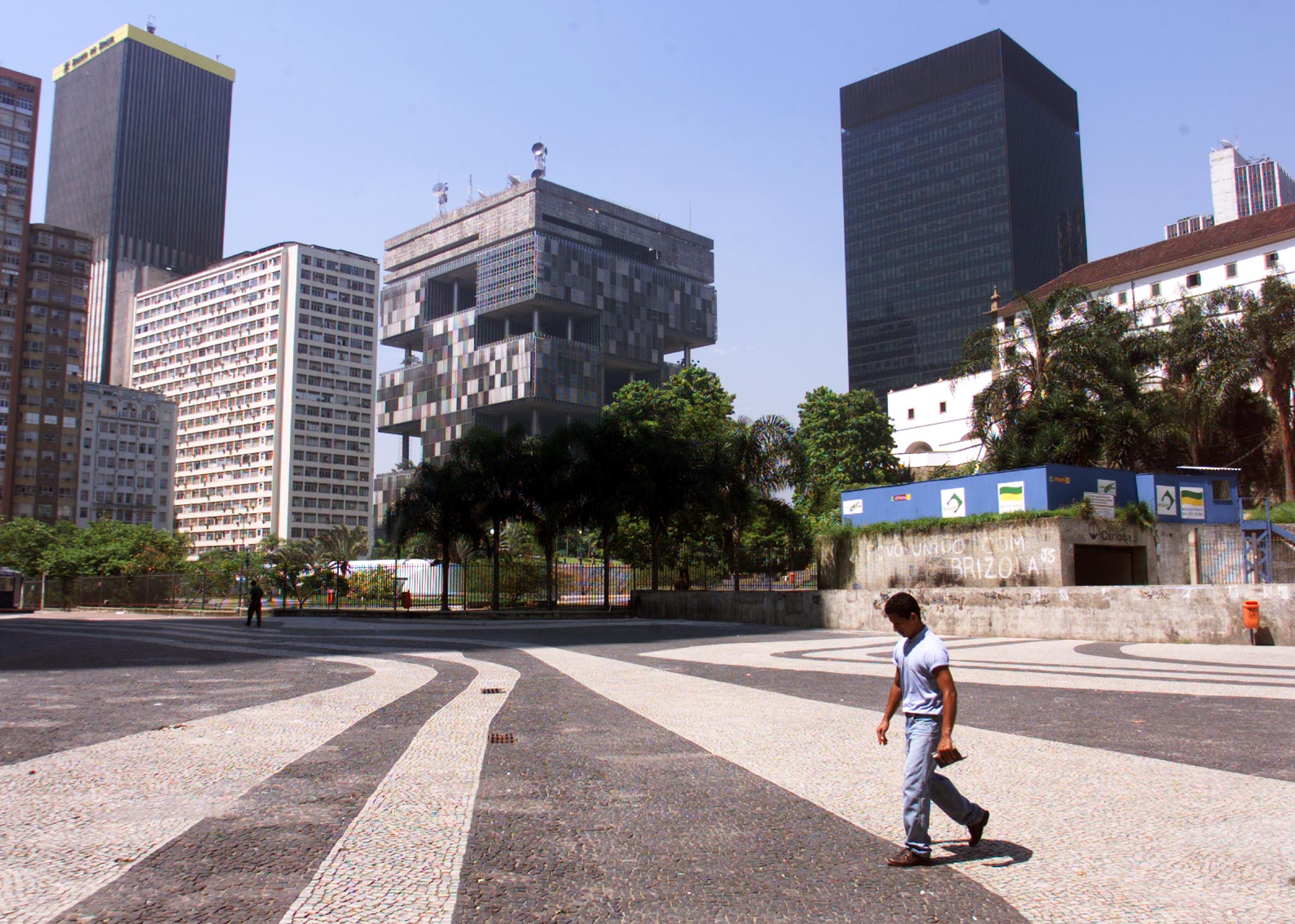Brazilian billions beckon for private bankers

While exploding wealth in China and the rest of Asia has attracted a legion of private banks to the region, some players have also beefed up their Brazilian operations, sensing rich pickings in the growing economy.
A combination of rapid wealth creation, a rise in the number of millionaires and drastically falling interest rates have made Brazil an ideal private banking location. Credit Suisse, Julius Baer and UBS have all recently expanded their business in the South American giant.
Brazil is producing so-called high net worth individuals (HNWIs) – those with at least $1 million in loose change ready to invest – at a faster rate than most other countries, including China, according to the Annual World Wealth Report 2012 issued by Capgemini and RBC Wealth Management.
An extra 10,000 multi-millionaires popped up in 2011, with the country’s economy and business booming and wealth continuing to be distributed more equitably among the population.
Private banks have witnessed a recent bonanza on the back of such wealth creation. Some 469 billion Brazilian reais (SFr216 billion, $230 billion) were deposited in private banks by the middle of this year – up eight per cent in just six months and dwarfing the 291 billion reais invested in 2009.
Extra know-how
At the same time, Brazil’s high interest rates fell from 12.5 per cent to 7.25 per cent in around a year. Compared with the rest of the world this still represents a high return on investments, but in Brazil – where interest rates are normally in double digits – this is something of a disappointment.
The answer is to diversify money away from bonds and into a variety of more complex investments – an area in which domestic bankers lack know-how compared to more established financial centres such as Switzerland.
“There is a clear opportunity for foreign banks to set up in Brazil to provide alternative investments and expertise that domestic banks do not have,” Luis Miguel Santacreu of Brazilian banking consultancy firm Austin Asis told swissinfo.ch. “They could leverage this comparative advantage under current conditions.”
The penny has certainly dropped for Switzerland’s top three wealth managers that have already been present in the market for a number of years.
In 2011, Julius Baer bought a stake in Brazilian wealth management firm GPS in a bid to capture a slice of the onshore market. This year, Credit Suisse completed the takeover of Brazilian asset management company, Hedging Griffo, with the aim of tapping into the 1.5 trillion reais (SFr690 billion, $737 billion) fund business.
Lucrative market
UBS is hoping to rehabilitate its patchy record in Brazil by building up its presence following the purchase of brokerage Link Investimentos in 2010. This is UBS’s second attempt to crack the lucrative market after buying Banco Pactual in 2006, only to sell it off three years later in the midst of the financial crisis.
Domestic banks in Brazil have also cottoned on to profits to be made from private banking, with the largest homegrown operations mopping up a substantial share of the wealth market.
Brazil’s Bank Safra pulled off a coup last year when it bought Swiss wealth management specialist Sarasin from Dutch owners Rabobank. Other local heavyweights, such as Itau and Bradesco have built up their private banking operations internally.
“Ten to 15 years ago Brazilian banks did not offer private banking so clients had no option but go to a foreign bank,” Joao Winkelmann, director of Bradesco private bank, told swissinfo.ch.
“But the local large domestic banks got prepared, became well capitalised and increased their range of products and services. This has completely changed the landscape of private banking in Brazil. Brazilians are now comfortable leaving their money in Brazil.”
Wealth management crossroads
Well-heeled Brazilians are also extremely uncomfortable with investing their money abroad following the financial crisis and the resultant drop in interest rates to virtually zero in some countries. Winkelmann said that 95 per cent of new wealth being generated is staying in the country.
“Wealthy clients are buying local land and real estate or investing their assets back into their businesses,” he said. “There were more than 800 merger and acquisition transactions in Brazil last year.”
This leaves the Brazilian wealth management business at a crossroads, with local clients fearful of foreign deals but finding their holdings in traditional investments less profitable. The dam holding back foreign investments is sure to burst soon, according to Santacreu.
“Brazilians are facing difficulties finding interesting domestic assets to build up their portfolios,” he told swissinfo.ch. “It is clear that wealth managers will have to find new assets overseas.”
For Winkelmann, collaborations between foreign private banks and local entities would provide the perfect bridge to cross the gap.
“Local banks are very well positioned and can offer clients everything from wealth management, credit card, pension and insurance services,” he said. “Clients will continue to keep their onshore business at a local bank and have their offshore assets at a foreign bank.”
Brazil is the world’s sixth largest economy and has experienced average economic growth of over 4% over the last five years.
The number of Brazilians with at least $1 million to invest rose from 155,400 in 2010 to 165,000 last year.
This represented the fastest growth rate of high net worth individuals (+6.2%) compared with most other parts of the world.
At the same time, the number of people with bank accounts rose from 28 million in 2002 to 54 million last year.
Private banking has also seen a boost, with the amount of assets deposited rising from 291 billion reais in 2009 to 469 billion last year.
The mutual fund industry has grown from 1.36 trillion reais in 2009 to more than two trillion reais by the middle of 2012.

In compliance with the JTI standards
More: SWI swissinfo.ch certified by the Journalism Trust Initiative












You can find an overview of ongoing debates with our journalists here . Please join us!
If you want to start a conversation about a topic raised in this article or want to report factual errors, email us at english@swissinfo.ch.